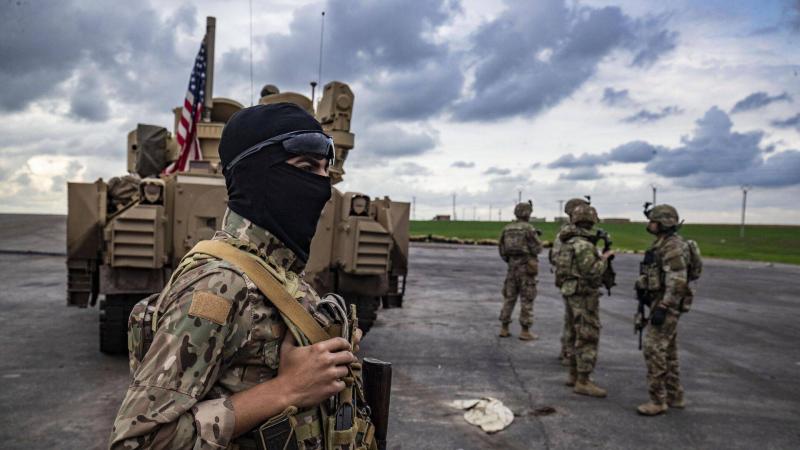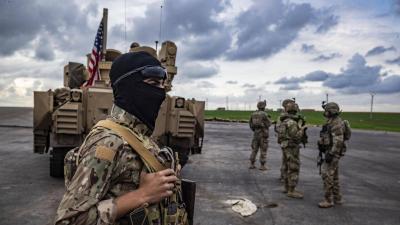The Security and Defense Committee in Parliament commented today, Sunday, on Iraq's ability to protect its airspace from drones and missiles following the upcoming withdrawal of the international coalition. Committee member Ali Al-Saadi stated that "Iraq cannot protect its airspace from drones and missiles unless it possesses modern and advanced air defense systems capable of detecting any suspicious movements in the air. Iraq does not currently have these capabilities, even with the presence of the international coalition."
Al-Saadi explained that "the international coalition is currently present in Iraq, and Iraq's sovereignty is repeatedly violated by Washington, Turkey, and Iran, which confirms that the international coalition does not have the ability to protect Iraqi airspace, which it itself frequently breaches. Therefore, the withdrawal of this coalition will not affect Iraq's security and military situation."
The Iraqi government recently began a new round of negotiations with the international coalition to evaluate its role in the past phase in preparation for the withdrawal of its forces from Iraq, against the backdrop of increasing U.S. strikes targeting the locations and leaders of Iraqi resistance factions and the Popular Mobilization Forces. The latest strike targeted Abu Baqir Al-Saadi, a leader of the Iraqi Hezbollah Brigades, in an air raid in eastern Baghdad last week.
Previously, the spokesperson for the Commander-in-Chief of the Armed Forces, Lieutenant General Yahya Rasool, announced the date for resuming the military bilateral committee to end the presence of the international coalition. Rasool stated in a brief statement that "to discuss and schedule the termination of the international coalition's mission in Iraq, the higher technical bilateral military committee between Iraq and the United States will resume its work on Sunday (today)."
For its part, the Iraqi Foreign Ministry confirmed in a statement that, based on directives from the Prime Minister, the Foreign Ministry communicated with the American side about returning to the negotiation table, and both parties reached the decision to continue the sessions of negotiations within the framework of the joint higher military committee. On January 27, the joint military committee held its first meetings in Baghdad, with the Prime Minister's office publishing a photo of the first meeting attended by senior leaders of the Iraqi army and security forces as well as leaders of the international coalition, which includes dozens of foreign countries.




